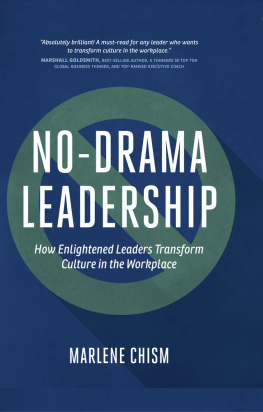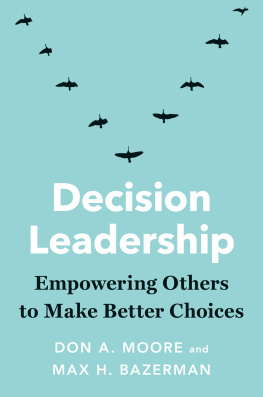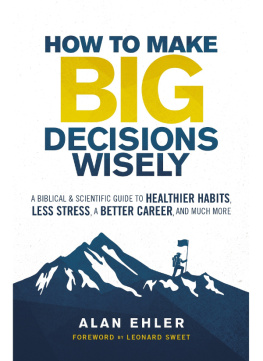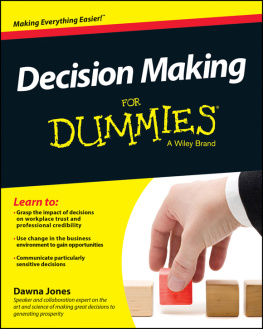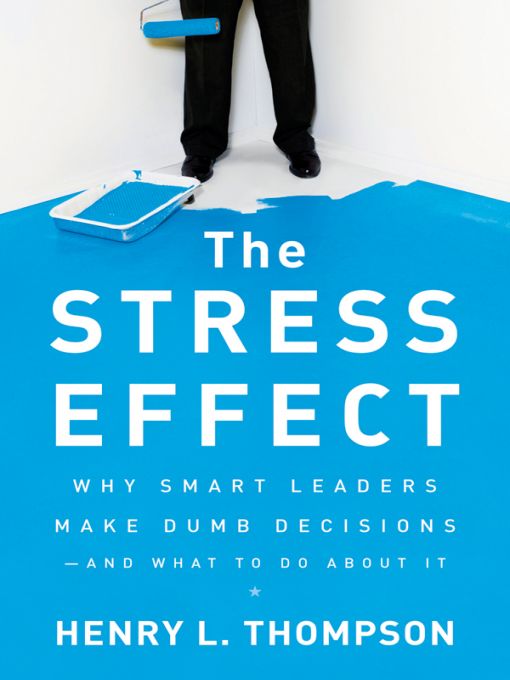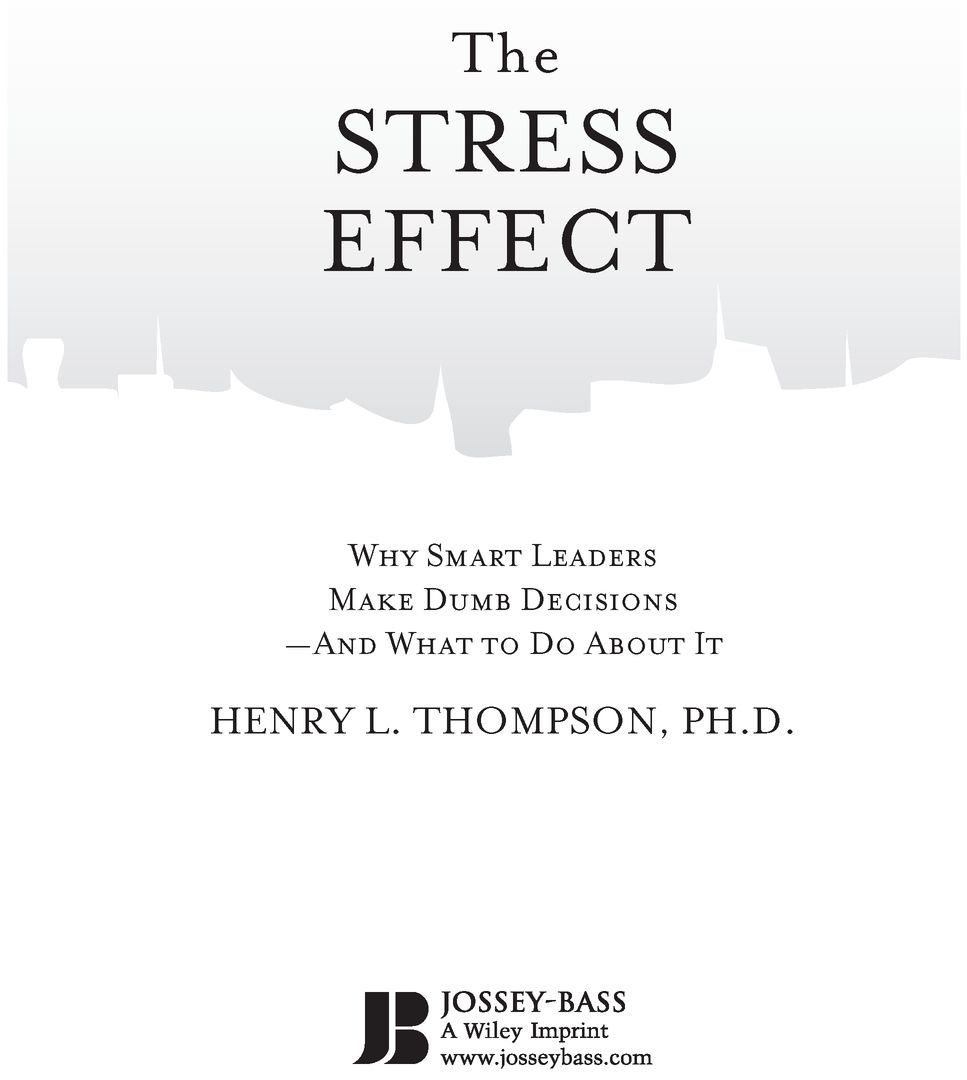Henry L. Thompson - The Stress Effect: Why Smart Leaders Make Dumb Decisions—And What to Do About It
Here you can read online Henry L. Thompson - The Stress Effect: Why Smart Leaders Make Dumb Decisions—And What to Do About It full text of the book (entire story) in english for free. Download pdf and epub, get meaning, cover and reviews about this ebook. year: 2010, publisher: Wiley, genre: Business. Description of the work, (preface) as well as reviews are available. Best literature library LitArk.com created for fans of good reading and offers a wide selection of genres:
Romance novel
Science fiction
Adventure
Detective
Science
History
Home and family
Prose
Art
Politics
Computer
Non-fiction
Religion
Business
Children
Humor
Choose a favorite category and find really read worthwhile books. Enjoy immersion in the world of imagination, feel the emotions of the characters or learn something new for yourself, make an fascinating discovery.

- Book:The Stress Effect: Why Smart Leaders Make Dumb Decisions—And What to Do About It
- Author:
- Publisher:Wiley
- Genre:
- Year:2010
- Rating:3 / 5
- Favourites:Add to favourites
- Your mark:
The Stress Effect: Why Smart Leaders Make Dumb Decisions—And What to Do About It: summary, description and annotation
We offer to read an annotation, description, summary or preface (depends on what the author of the book "The Stress Effect: Why Smart Leaders Make Dumb Decisions—And What to Do About It" wrote himself). If you haven't found the necessary information about the book — write in the comments, we will try to find it.
Reveals the powerful and undermining effects of stress on good decision making-and what leaders can do about it
The ability to make sound and timely decisions is the mark of a good leader. But when leaders with otherwise strong track records suddenly begin making poor decisions-as seen in the recent corporate scandals that rocked the business world-the impact can be widespread. In The Stress Effect, leadership expert Henry L. Thompson argues that stress is often the real culprit behind this leadership failure: when leaders stress levels become sufficiently elevated-whether in the boardroom or on the front line of a manufacturing process-their ability to effectively use their emotional intelligence and cognitive ability in tandem to make wise decisions is significantly impaired. Until now, experts have argued that increasing your emotional intelligence will help you cope with and manage stress. This book suggests that stress actually blocks access to your emotional intelligence as well as your cognitive ability, two critical components in the decision-making process. This book
A groundbreaking and insightful resource for leaders, The Stress Effect reopens the dialogue on stress, its effect on decision making, and what to do about it.
Henry L. Thompson: author's other books
Who wrote The Stress Effect: Why Smart Leaders Make Dumb Decisions—And What to Do About It? Find out the surname, the name of the author of the book and a list of all author's works by series.

